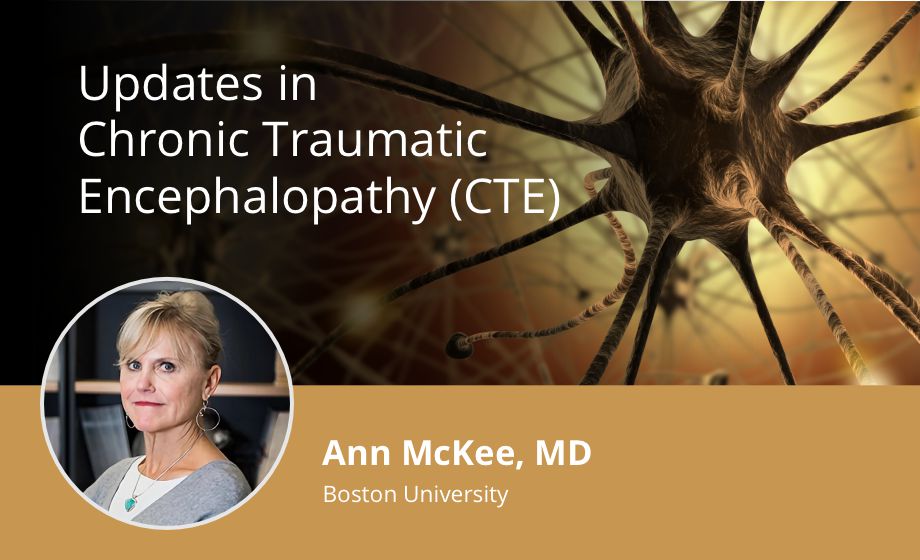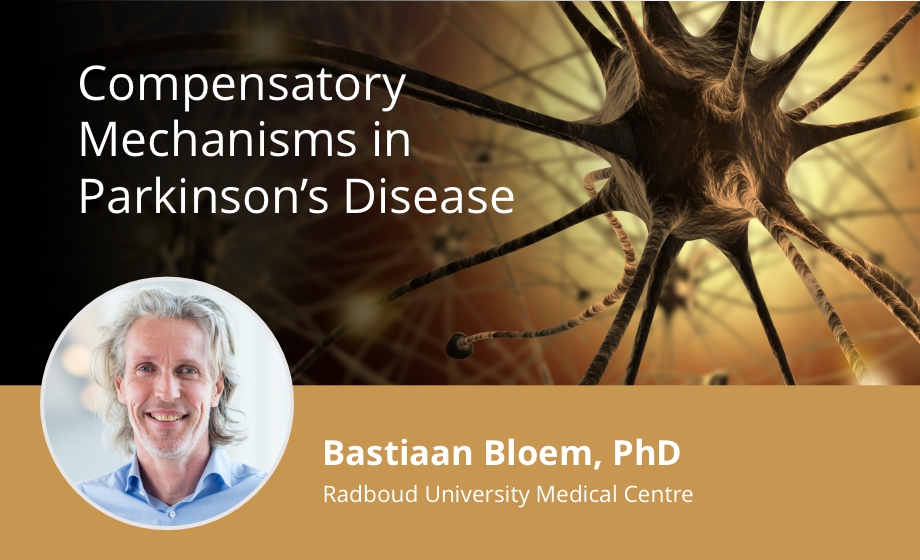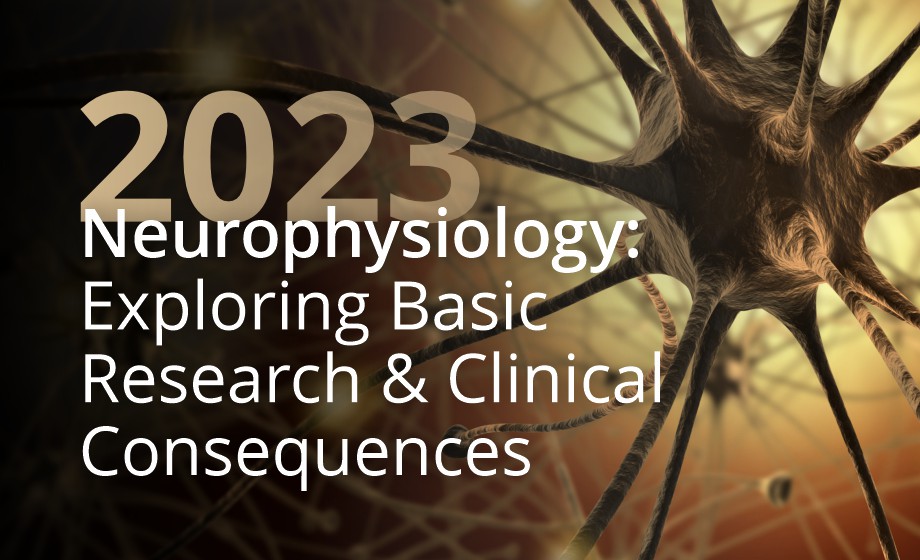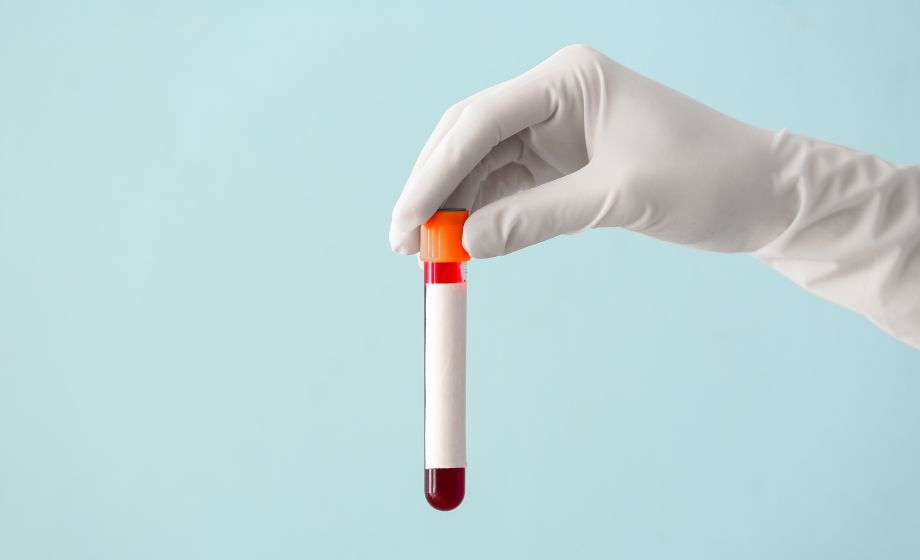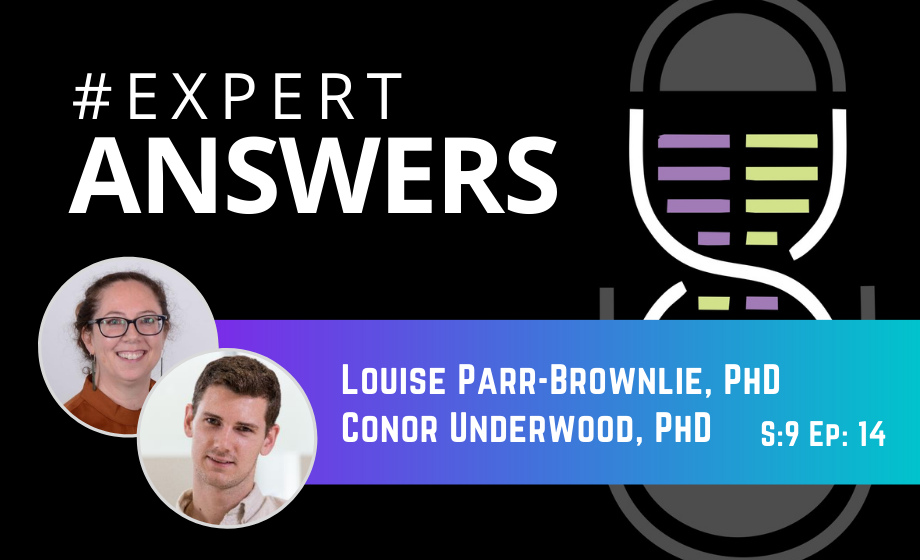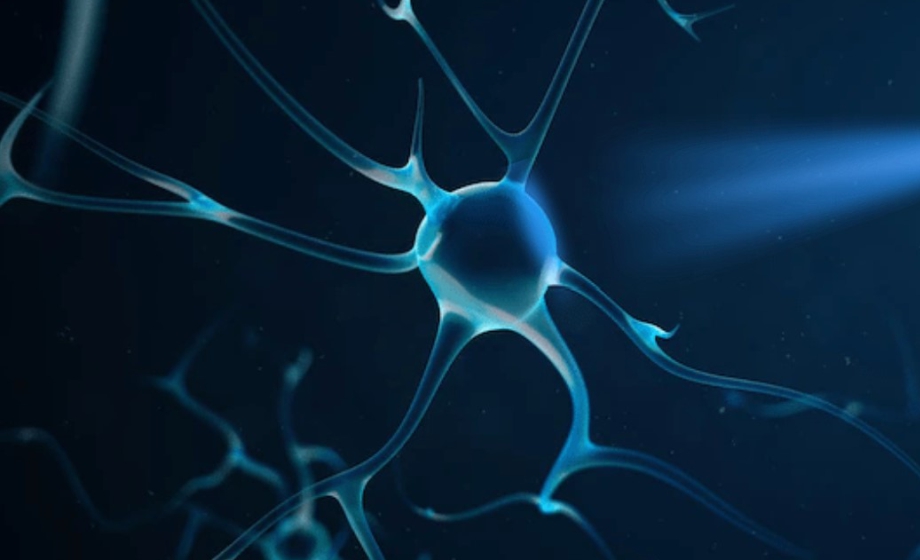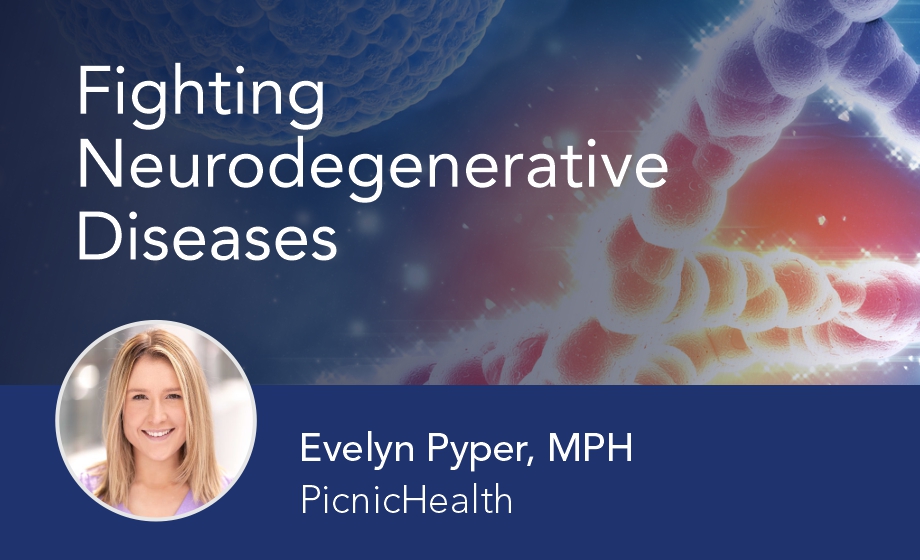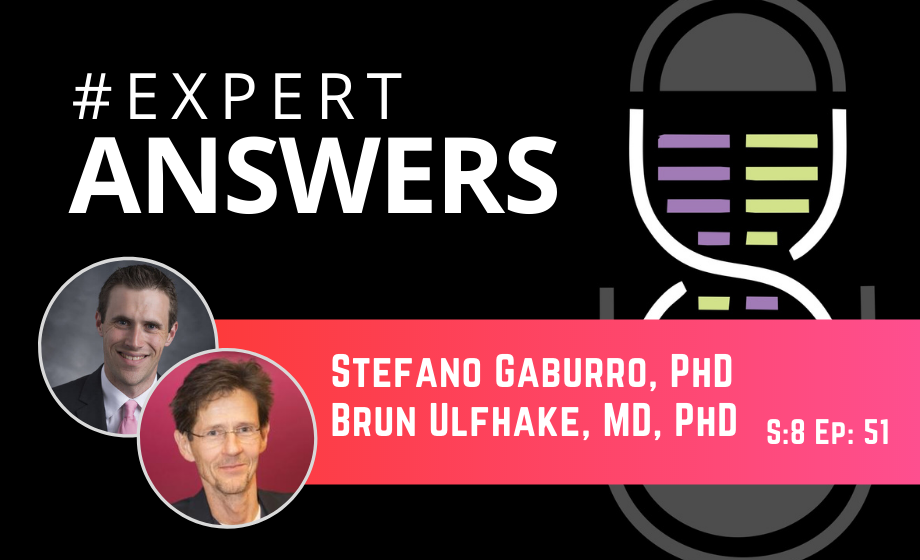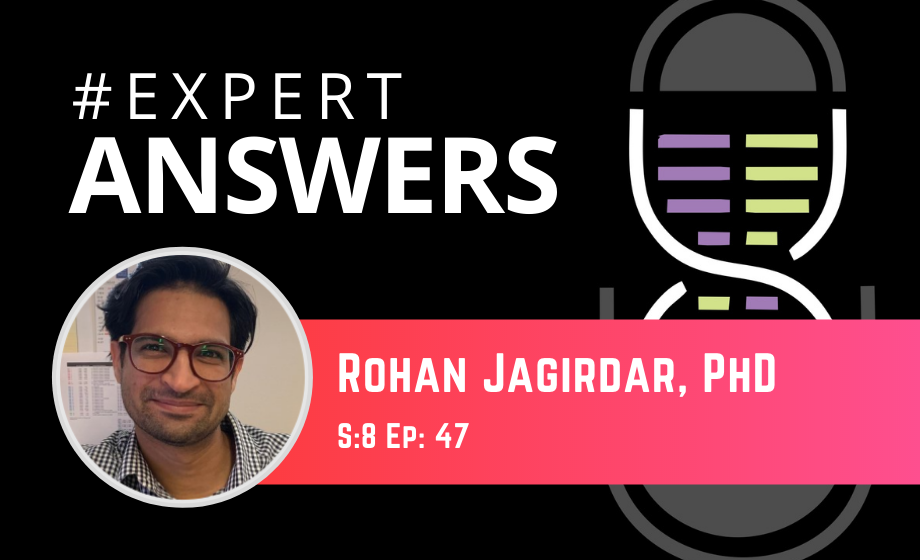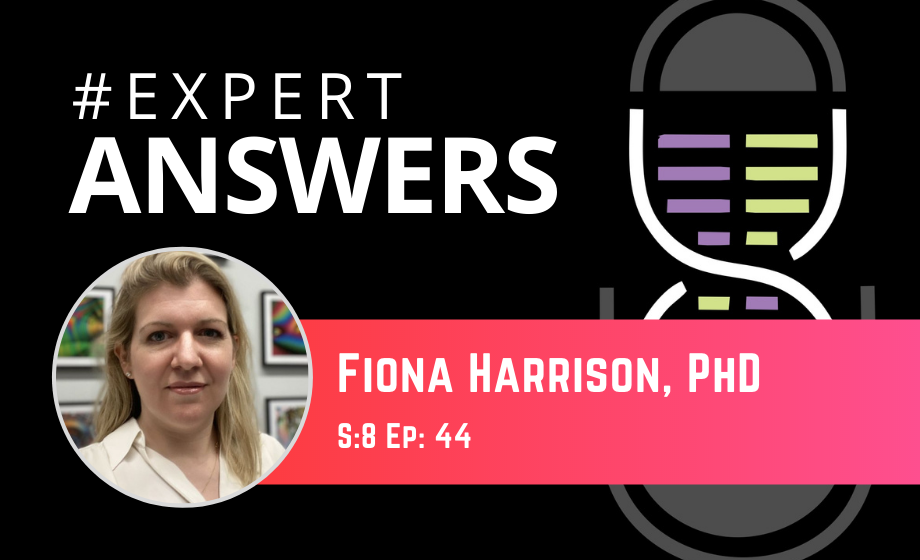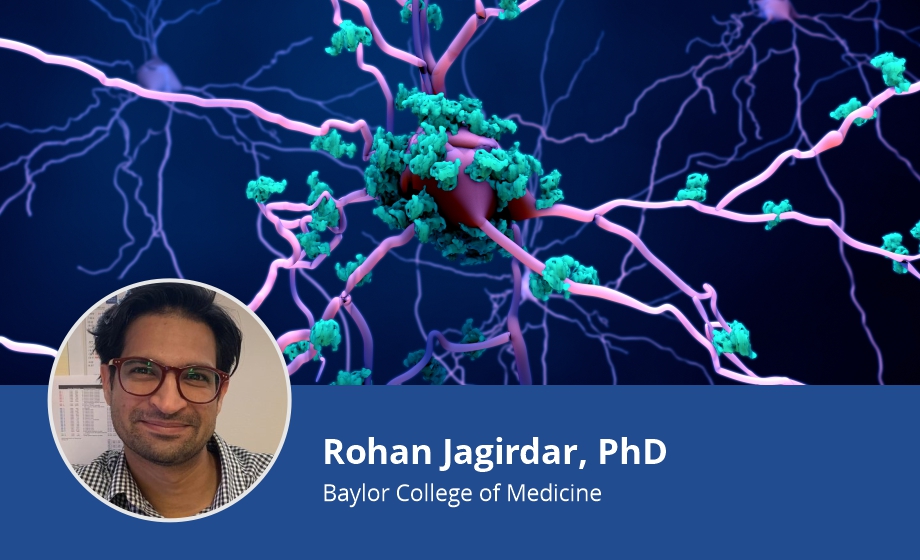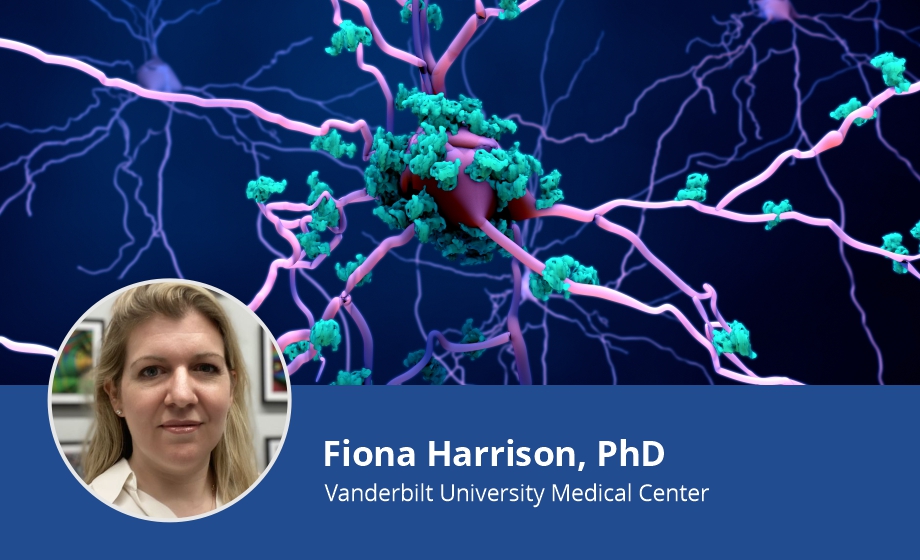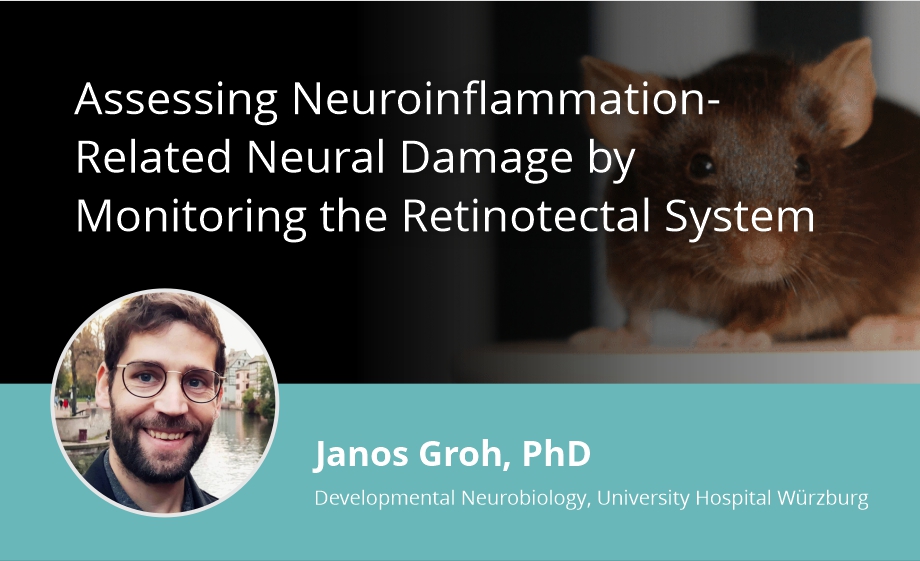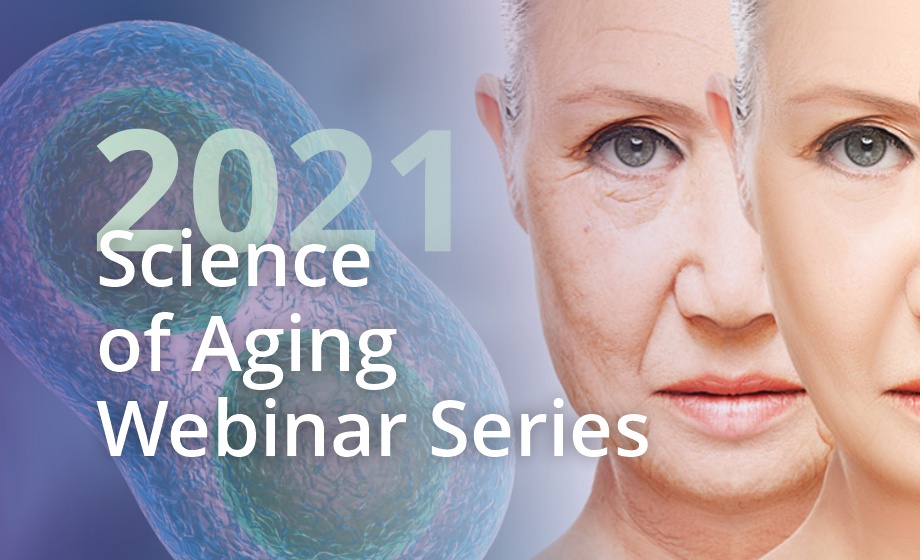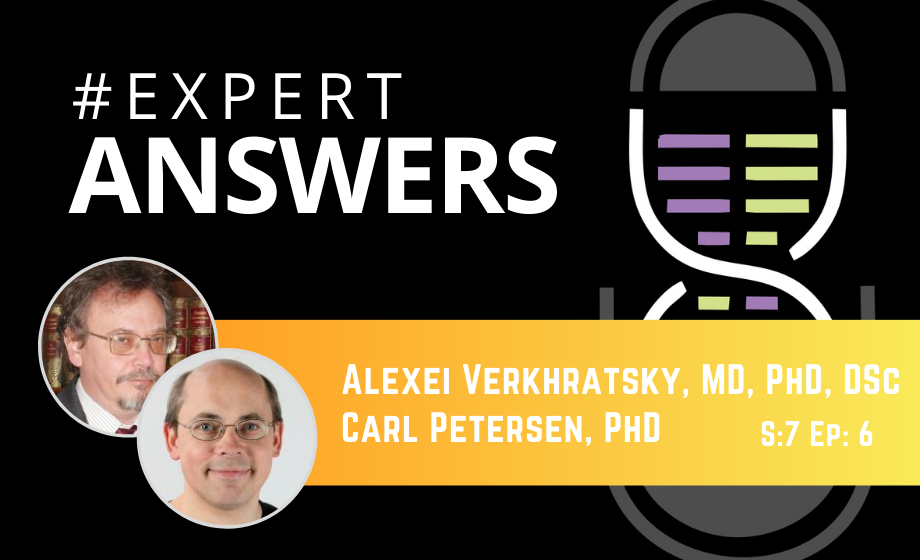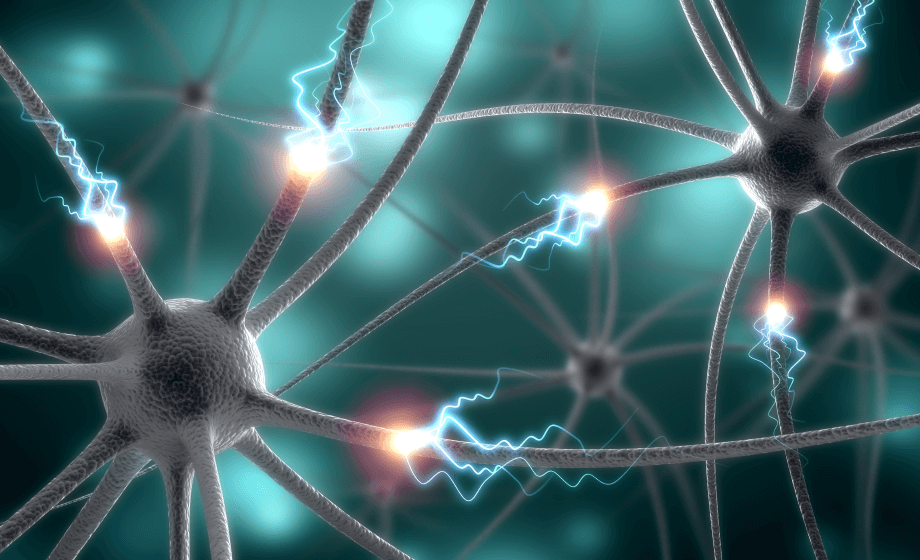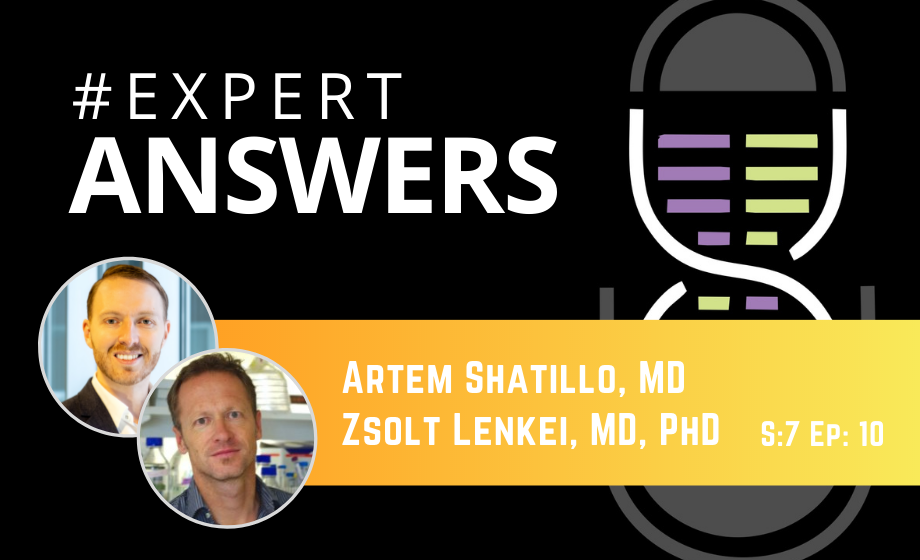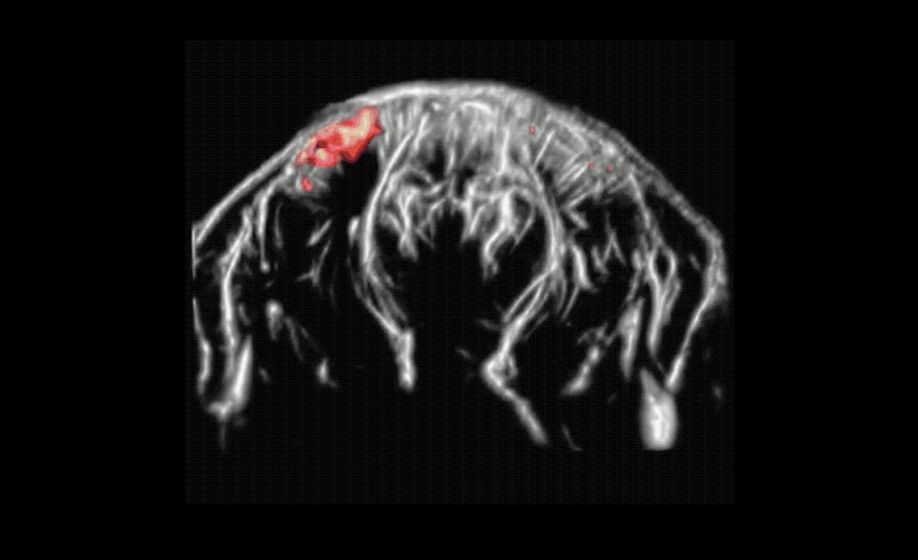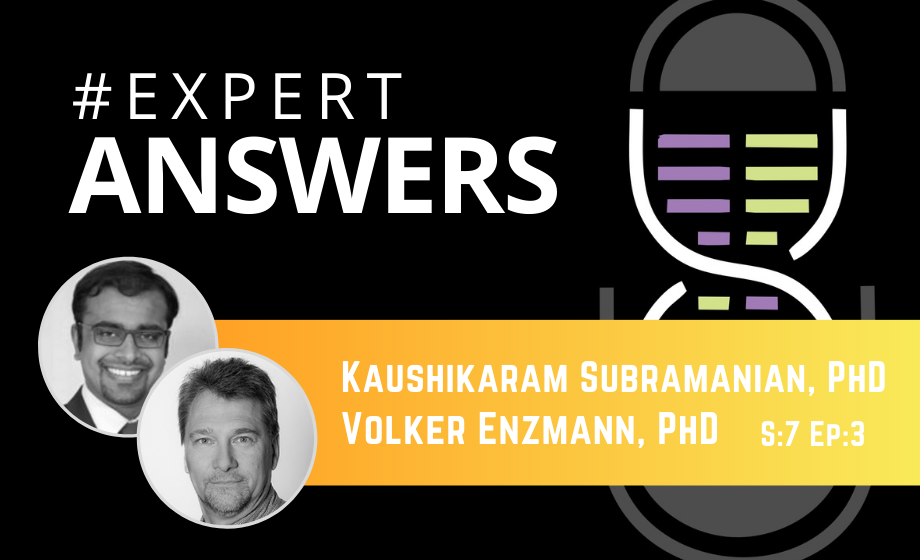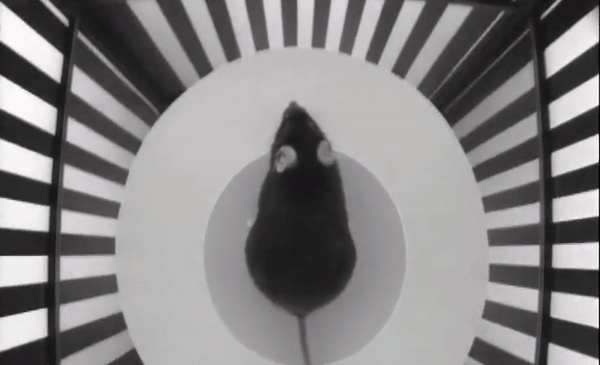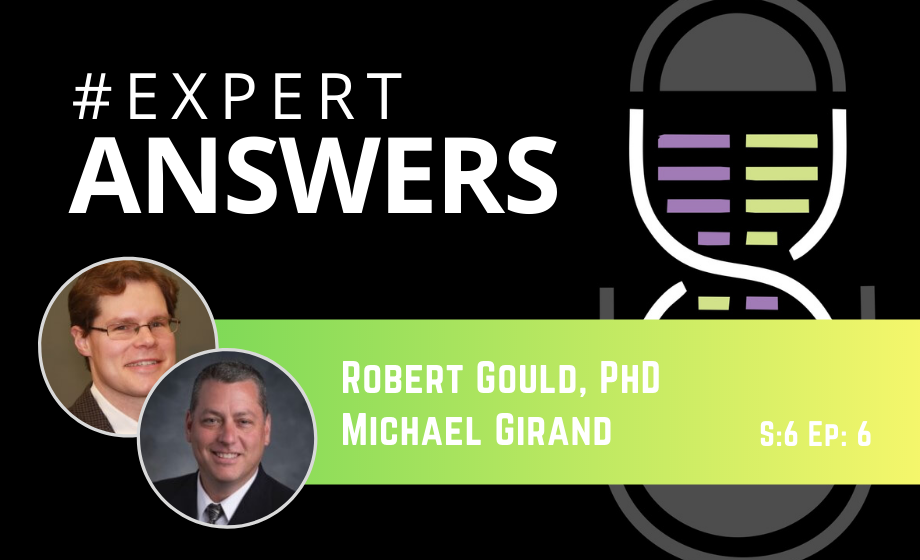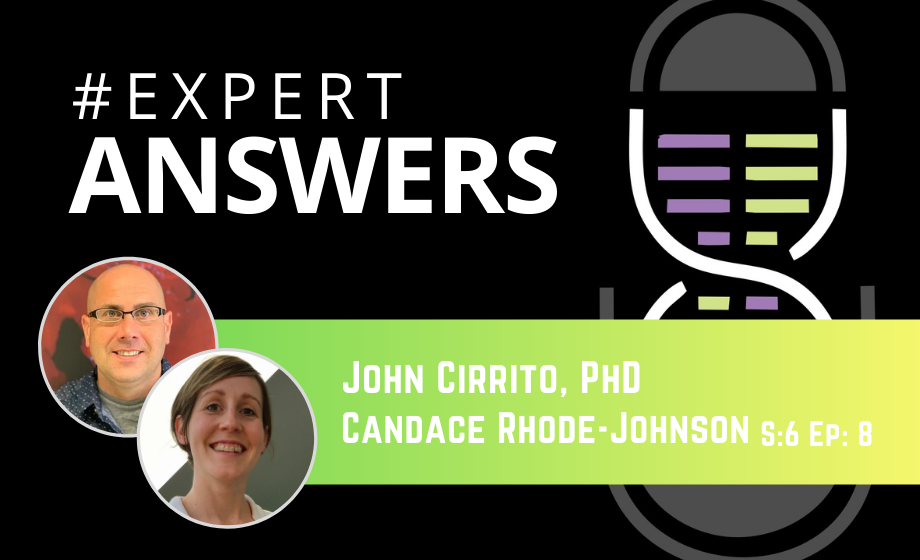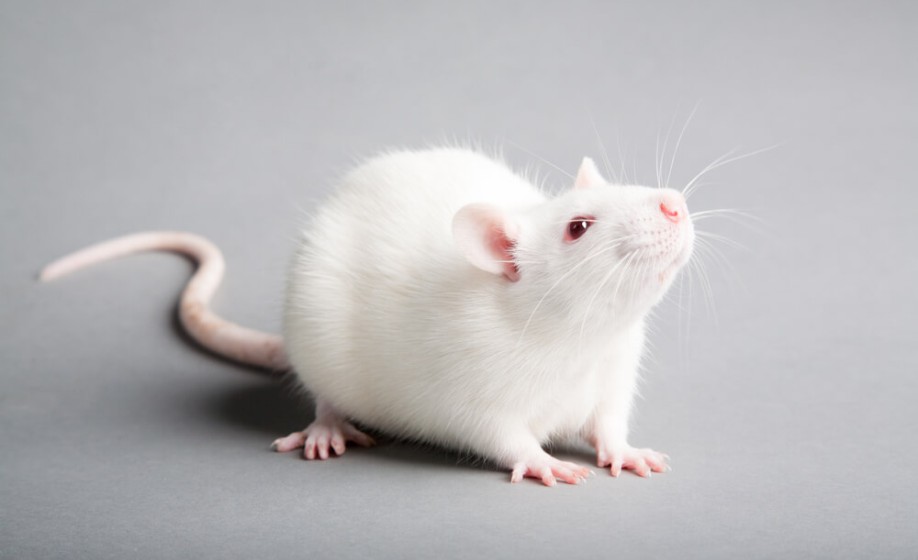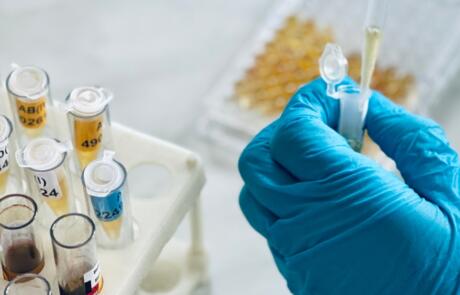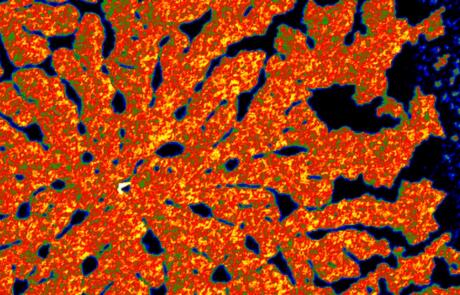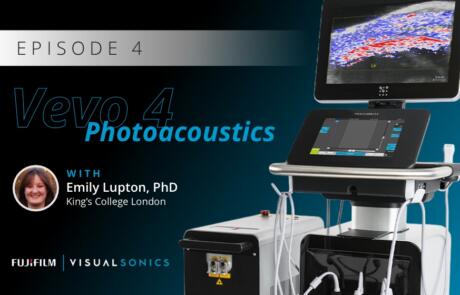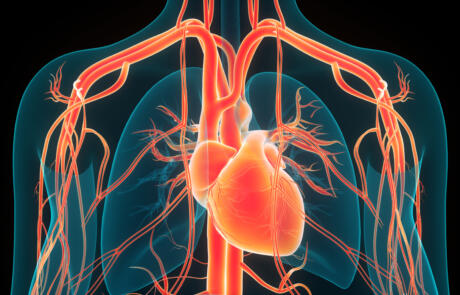Updates in Chronic Traumatic Encephalopathy (CTE)
Dr. Ann McKee will describe the emergence of chronic traumatic encephalopathy (CTE) as a distinct disease over the past 20 years.
Compensatory Mechanisms in Parkinson’s Disease
Bas Bloem, MD reviews compensatory mechanisms, including cerebral plasticity and behavioral adaptation, in persons with Parkinson's disease.
Neurophysiology: Exploring Basic Research and Clinical Consequences
Neurophysiology: Exploring Basic Research and Clinical Consequences - A webinar series covering fundamentals, late-breaking research, and novel discoveries in the field of neuroscience & related disease models.
Brain-Derived Tau in Blood: the Future of Alzheimer’s Disease Diagnosis?
Recently published in Brain, Gonzalez-Ortiz et al. report the design and development of a novel blood-based biomarker specific to brain-derived tau. In this blog post, we dive into the advantages of their novel immunoassay over those that are commercially available, as well as its future implications for Alzheimer’s disease diagnosis.
#ExpertAnswers: Louise Parr-Brownlie and Conor Underwood on Optogenetic Stimulation
Louise Parr-Brownlie and Conor Underwood discuss the impact of acute optogenetic stimulation for the treatment of Parkinson's disease in a rat model.
Optogenetic Stimulation for Parkinson’s Research: Recovering Movement in an Animal Model
Join Louise Parr-Brownlie, PhD and Conor Underwood, PhD for a review of implantable optogenetics to replace deep brain stimulation, a surgical procedure overview, and a discussion about the impact of acute optogenetic stimulation for the treatment of Parkinson's disease in a rat model.
Cutting Edge Conversations: Fighting Neurodegenerative Diseases
Evelyn Pyper, MPH, discusses how a patient-centered approach to real-world data collection and evidence generation can transform research in neurodegeneration.
#ExpertAnswers: Stefano Gaburro and Brun Ulfhake on Aging Science
Join Stefano Gaburro and Brun Ulfhake as they present methods of caged rodent monitoring and better animal welfare that will lead to improved studies of neurodegenerative disease models.
#ExpertAnswers: Rohan Jagirdar on Sleep and Alzheimer’s Disease
In this episode of #ExpertAnswers join Rohan Jagirdar, PhD, from Baylor College of Medicine, as he answers questions from a [...]
#ExpertAnswers: Fiona Harrison on Early Alzheimer’s Disease
Dr. Fiona Harrison, discusses how vitamin C deficiency and exposure to toxins can impact glutamate uptake and clearance, and how even small changes in neural signaling can be detected by monitoring EEG activity and correlated with performance in learning and memory tasks.
Improving Sleep to Slow the Progression of Alzheimer’s Disease
Join Rohan Jagirdar, PhD as he discusses his research on EEG activity in a mouse model of Alzheimer's disease to determine the effects of improved sleep on disease progression.
EEG Monitoring Approaches to Predict Learning and Memory Changes in Early Alzheimer’s Disease
Dr. Fiona Harrison discusses how dietary deficiency and exposure to toxins can impact glutamate uptake and clearance, and the subsequent changes in neural signaling can be detected through altered EEG activity and performance on learning and memory tasks.
Assessing Neuroinflammation-Related Neural Damage by Monitoring the Retinotectal System
Dr. Janos Groh discusses how neuroinflammation amplifies neural damage and disease outcome in models of various disorders, and the value of monitoring the retinotectal system to assess neural disease progression and associated treatment efficacy.
From “Artificial” to “Real”: What 24/7 Home Cage Monitoring Teaches Us In Pre-Clinical Neurodegenerative Disease Models
Experts discuss an innovative and scalable home cage monitoring solution called Digital Ventilated Cage (DVC), showing how it can be used to study neurodegenerative diseases and monitor biorhythmicity of small rodents.
Science of Aging: A Physiological & Translational Perspective
Science of Aging - A Physiological & Translational Perspective: A webinar series covering fundamentals, late-breaking research and novel discoveries in the field of aging science.
#ExpertAnswers: Carl Petersen & Alexei Verkhratsky on Functional Neuroimaging
In this episode of Expert Answers, Dr. Carl Petersen and Alexei Verkhratsky discuss astrocyte-mediated homeostatic control of the central nervous system, and how optical and 2-photon microscopy can be used for functional neuroimaging.
The Brain as a Whole: Executive Neurons and Sustaining Homeostatic Glia
Carl Petersen and Alexei Verkhratsky share their research on homeostatic neuroglia and imaging of neuronal network function.
#ExpertAnswers: Artem Shatillo & Zsolt Lenkei on Functional Ultrasound Imaging
Experts discuss how functional ultrasound imaging in awake head-fixed mice can help advance basic neuroscience and neurovascular research, as well as preclinical drug discovery.
Functional Ultrasound (fUS) Imaging in the Brain of Awake Behaving Mice
Experts discuss how functional ultrasound imaging in awake head-fixed mice can help advance basic neuroscience and neurovascular research, as well as preclinical drug discovery.
#ExpertAnswers: Kaushikaram Subramanian & Volker Enzmann on the Optomotor Reflex
In this episode of Expert Answers, Drs. Subramanian & Enzmann share case studies and experimental data from various applications using a newly developed automated system to measure vision based on the optomotor reflex.
Locomotor Activity: refinement, reduction and replicability ‘round the clock in animal studies
A growing body of evidence suggests that Home Cage Monitoring studies are becoming key tools for in vivo animal research for three main reasons: reduction in animal distress thereby increasing welfare, minimization of biases (wanted and unwanted), and increased reproducibility of data.
Measuring Visual Acuity and Contrast Sensitivity by Optomotor Reflex in Rodents
Experts discuss case studies and experimental data from various applications using a newly developed automated system to measure vision based on the optomotor reflex.
#ExpertAnswers: Robert Gould and Michael Girand on Utilizing EEG to Study Sleep, Substance Use and CNS Disorders
Robert Gould and Michael Girand discuss methods and applications for the use of EEG as a biomarker for sleep, substance use disorder and CNS disorders.
#ExpertAnswers: John Cirrito & Candace Rhode-Johnson on Micro-dialysis and Neuroscience
In this episode of Expert Answers, John Cirrito and Candace Rhode-Johnson discuss the use of a novel movement responsive rodent caging system.
Turn Away from Traditional Tethering and Towards a Better Method for Data Collection
Experts discuss the use of a novel movement responsive rodent caging system as a means to minimize animal stress and enable unique discovery in many research applications, namely neuroscience, animal behaviour, drug discovery and cardiometabolic disease.
